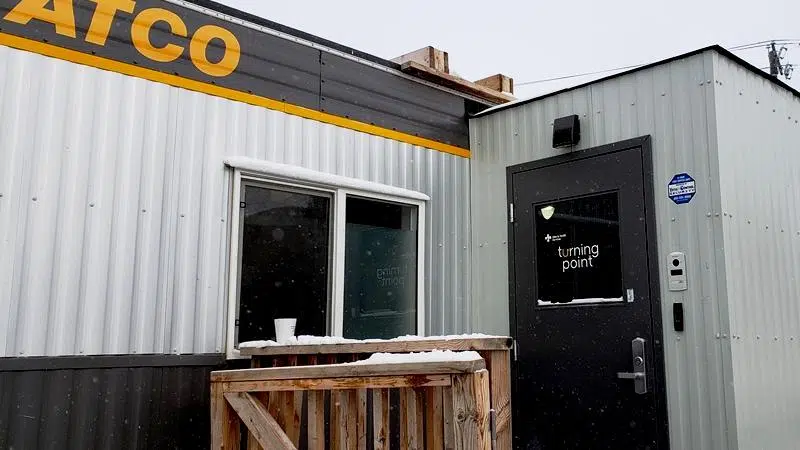
Local stakeholders react to province’s supervised consumption sites report
A growing risk to safety and increased needle debris are front and centre in the newly-released report on the social impacts of supervised consumption sites in Alberta.
The report, which Associate Minister of Mental Health and Addictions Jason Luan described as a “wake-up call,” was released Thursday following a review done by an eight-member review panel over the course of several months.
“It was a report to look at negative impacts, so we kind of expected it would have a negative tone to it,” says Stacey Carmichael, executive director at Turning Point, the local organization which operates the OPS. “At the end of the day, we are going to continue to work with our provincial, national and international colleagues to develop and further standardize our processes. We do have a high standard of care, and we have medical staff with all sorts of experience.”
RELATED: Province releases report on supervised consumption services in Alberta


